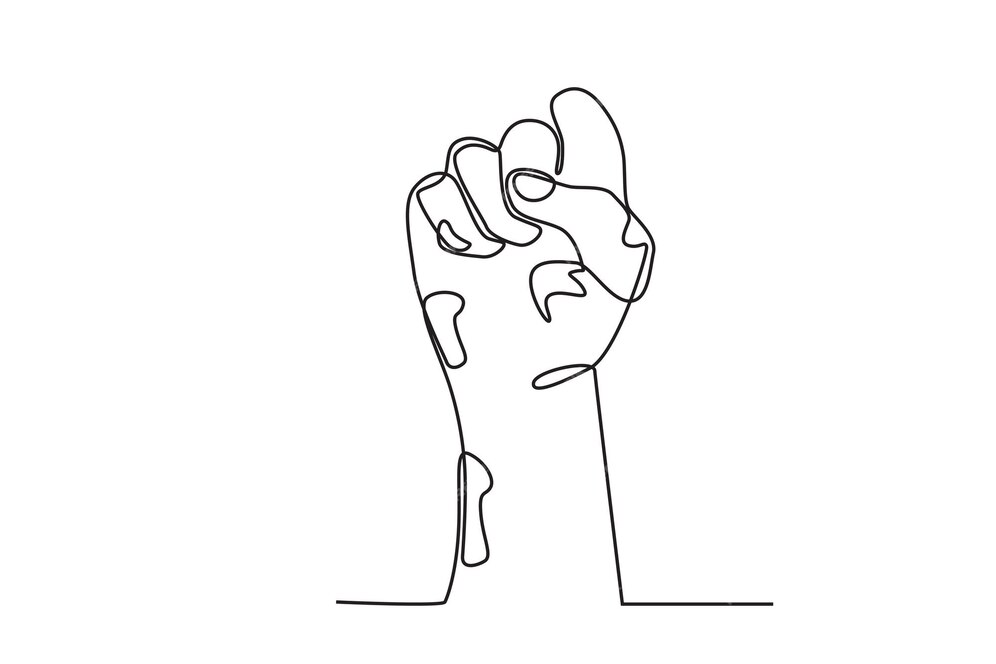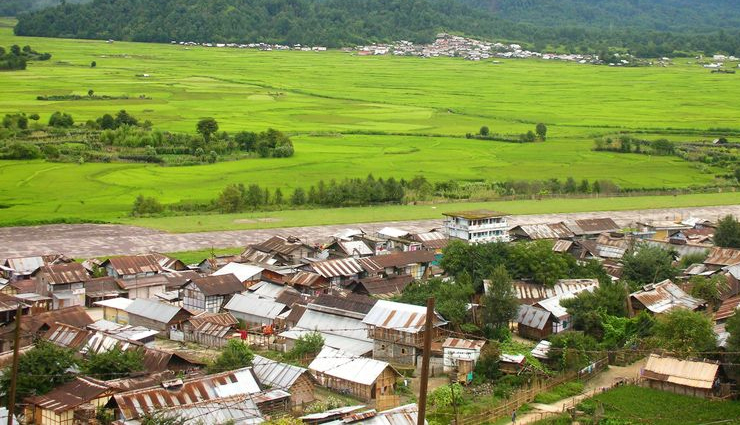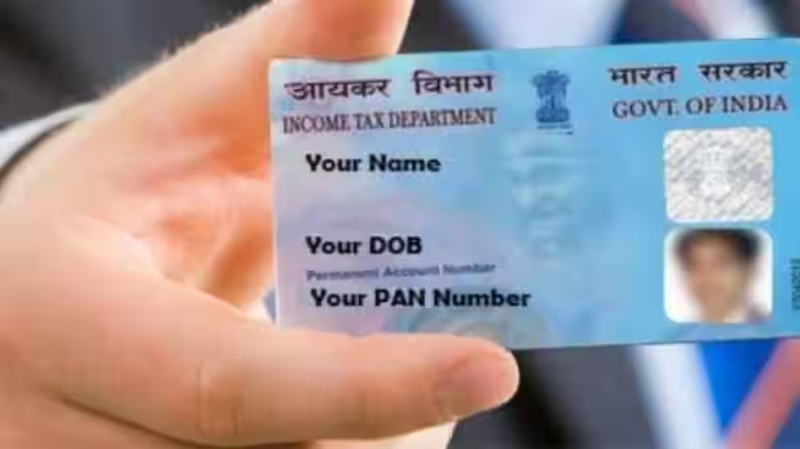In the early days of COVID-19 in India, there were reports of forced detention of suspected patients, but in Madhya Pradesh and Tamil Nadu, beggars suffering from leprosy can still be detained. All this is happening when leprosy is a disease that does not spread easily and its treatment has also been available for the last 40 years.

The laws of many states in India still discriminate against people affected by leprosy. Even people who have completely recovered from the disease have to face this discrimination. Let us look at 5 such states where most cases of discrimination are reported against people suffering from leprosy.
Andhra Pradesh
People suffering from leprosy are considered ineligible to hold positions in educational institutions, municipal corporations, and religious institutions.
- If they are found begging, they can be forcibly detained.
- They can also be stopped from getting licenses for liquor shops.
Odisha
- People suffering from leprosy are considered ineligible to hold positions in local government.
- They can be kept separate in separate premises, in case of children in children's homes.
- They may also be disqualified from becoming professional typists.
Kerala
- In Kerala, people suffering from leprosy are considered ineligible to hold positions as professional associates, government offices, and councils.
- They can also be disqualified from becoming document writers.
- They can also be stopped from entering public resorts.
Madhya Pradesh
- In Madhya Pradesh, people suffering from leprosy are considered ineligible to hold positions in local government and religious institutions.
- If they are found begging, they can be forcibly detained.
- They may also be prevented from traveling on steam vehicles and entering slaughterhouses.

Tamil Nadu
- In Tamil Nadu, people suffering from leprosy are considered ineligible to hold positions in educational or religious institutions or local government.
- If they are found begging, they can be forcibly detained.
This discrimination is not only unconstitutional but also inhumane. It is based on misconceptions and myths about leprosy. Leprosy is a completely curable disease and its treatment is available free of cost. Isolating people affected by leprosy from society not only violates their rights but also reduces awareness about the disease.
(PC: Freepik)










